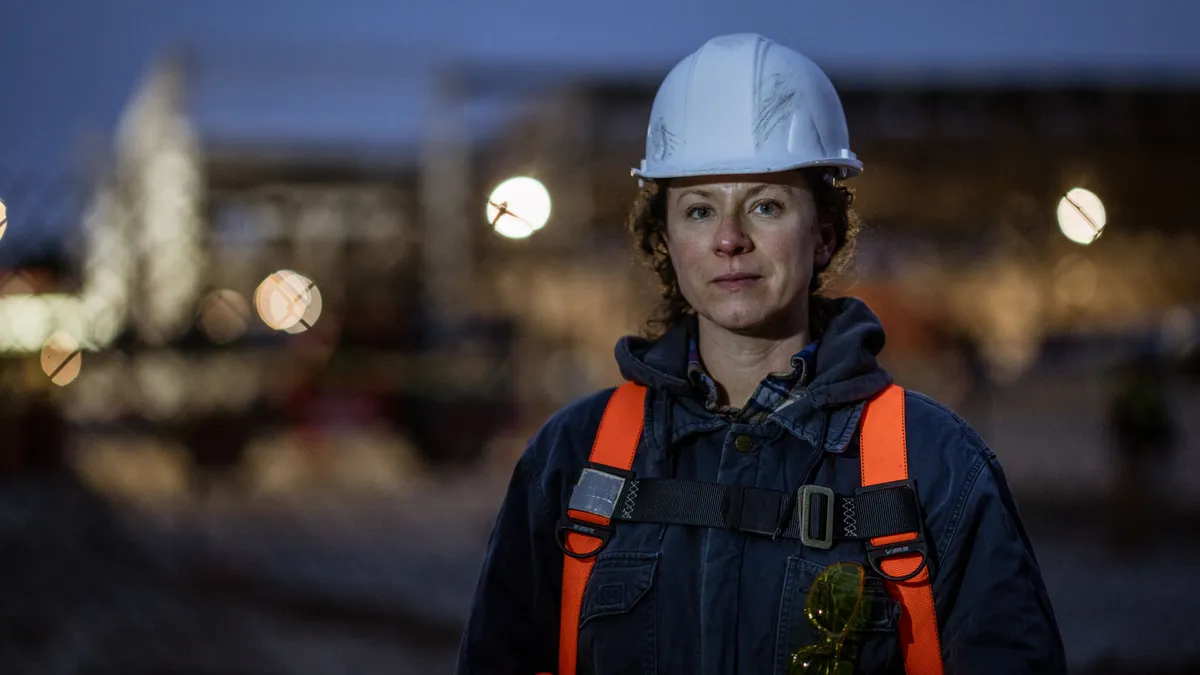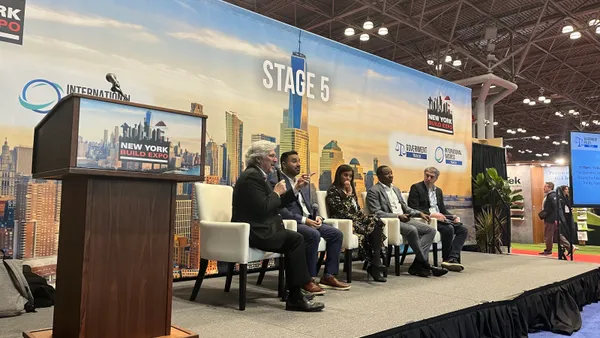Dive Brief:
- Maryland's attorney general told a U.S. District Court judge that a six-month ridership analysis of the planned Bethesda-area, $5.6 billion, 16-mile Purple Line light rail system could "jeopardize" the entire project, according to Bethesda Magazine.
- Attorney General Brian Frosh, along with the Maryland Transit Administration (MTA), told the judge that the "complex contractual arrangements" involved with the project's public-private partnership (P3) mean that even a minor delay could negatively affect financing as well as the construction timeline.
- Judge Richard Leon is considering ordering the study as part of a lawsuit filed by Chevy Chase, MD, residents who want to stop the rail project — which proponents say would improve connections between suburban Maryland and DC — and are attempting to use recent maintenance and service issues with the existing DC Metro system to do so.
Dive Insight
Aside from demanding a Supplemental Environmental Impact Statement for the project because of the Metro's problems, the Chevy Chase residents want the federal government to "vacate its final approval" for the new rail line, according to Bethesda Magazine. Opponents of the extra analysis maintain that the underground Metro rail that has experienced service issues recently is unrelated to the above-ground, light-rail Purple Line system, which will be operated and maintained by the private component of the P3, the Fluor-led Purple Line Transit Partners, for 30 years after construction is complete. In addition, the Purple Line will be operated by the MTA and is not officially under the Metro system.
Late last month, the Purple Line Transit Partners announced that it had closed its deal with the MTA for the financing, design-build, operation and maintenance of the rail system. The rail financing includes almost $900 million from the U.S. Department of Transportation and $313 million in "green bonds." Construction is expected to begin late this year and completed in 2022.
The state is contributing $3.3 billion, and Purple Line Transit Partners is financing $1 billion. The maintenance provisions of the P3 will see Purple Line Transit Partners collect $149 million a year. Project officials said that the Purple Line is one of the largest P3s in the country, and is the second such P3 to include private financing.
Other states, including Georgia and New York, are beginning to use P3s as a way to make the most of their infrastructure budgets. The partnerships can allow municipalities, counties or states to spread out available funds across more projects and introduces the private sector's expertise, according to a May Bipartisan Policy Center report encouraging the method.











